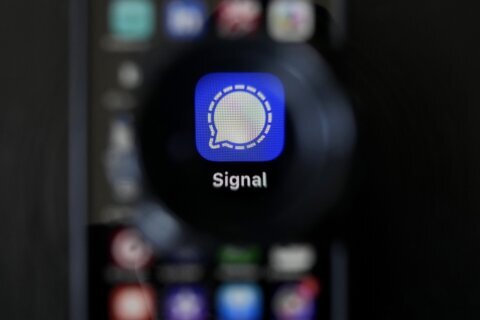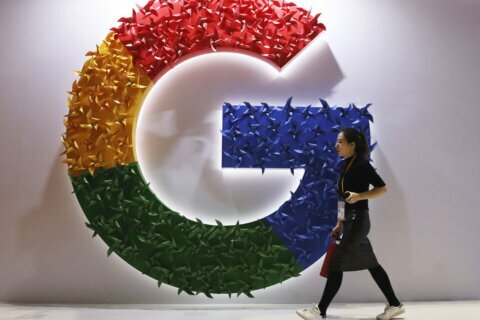Q: What’s the difference between Signal and WhatsApp, and should I switch?
A: Until recent news involving the Signal app, it was a relatively unknown messaging platform to many nontechnical users compared to WhatsApp.
This is illustrated by comparing the more than 2 billion active users of WhatsApp versus the 40-plus million users of Signal.
It’s long been championed by security and privacy experts as a tool journalists have relied on to have secure communications with their sources.
They’re both end-to-end encrypted messaging apps that allow you to send texts, voice messages, make calls and share media for free. The big difference is in how they operate and, more importantly, who’s behind them.
Privacy roots and ownership
Let’s start with the biggest differentiator: who owns them. WhatsApp is owned by Meta (formerly Facebook), a company that has a long history of data collection and privacy controversies.
Even though WhatsApp messages themselves are encrypted and can’t be read by Meta, the company still collects ‘metadata’ — things like who you’re messaging, when, how often and from where.
Signal, on the other hand, is a nonprofit organization. It was created with privacy as the mission, not a product to be monetized as it also doesn’t run ads or track usage. The app collects minimal metadata, such as your phone number, the date you signed up and the last time you used it.
Functionality comparison
In terms of features, WhatsApp is more polished and user-friendly for the masses. It integrates seamlessly with your contacts, backs up your chat history (although backups can be a privacy hole) and supports things like group video calls, stickers and even business communication tools.
Signal takes a bare-bones approach but has steadily added features over time. It supports group chats, video calls, disappearing messages and voice memos.
One of Signal’s exceptional privacy features is “Sealed Sender,” which hides who sent the message, not just what it says. You can even blur faces in photos before sending them — a detail that speaks volumes about its focus on user safety and why journalists are often contacted using it.
Should you switch?
If you’re concerned about privacy, Signal is the clear winner. It’s not trying to monetize your activity, and its technology is purpose-built to limit what anyone, including the app itself, can know about your usage.
That said, unless you can get your circle of contacts to switch as well, it may be less useful. If you travel internationally, you’ll find most hotels, restaurants and tourist-related businesses use WhatsApp as a primary communication tool.
I’d recommend that you simply download the Signal app and sign up for an account to get a feel for how it works. You would never really ‘switch,’ as there are valid use cases for both apps.
The ‘switch’ would be which app you use for sending sensitive information, such as financial discussions, sharing personal documents or sensitive business topics.
Signal and WhatsApp may look similar on the surface, but their philosophies couldn’t be more different. One is backed by a data-collecting corporation; the other is run by a nonprofit that exists solely to protect your privacy. The right choice depends on how much that matters to you.
Ken Colburn is founder and CEO of Data Doctors Computer Services. Ask any tech question on Facebook or X.
Get breaking news and daily headlines delivered to your email inbox by signing up here.
© 2024 WTOP. All Rights Reserved. This website is not intended for users located within the European Economic Area.







